In an exclusive Feb. 22 interview with The Hustler, Chancellor Daniel Diermeier spoke about Peabody College’s recent use of ChatGPT to write an email to the community regarding the Michigan State shooting. Calling the Feb. 16 incident — which has made national news — “unfortunate” and a “wake-up call,” he further elaborated on AI’s presence in the classroom.
The two administrators who sent the email written using ChatGPT — Nicole Joseph, associate dean of Peabody College’s Office of Equity, Diversity and Inclusion, and Hasina Mohyuddin, assistant dean of the office — have temporarily stepped down while the incident is reviewed. Joseph and Peabody College Dean Camilla Benbow both sent messages apologizing to the community on Feb. 17 and 18, respectively.
“I thought that the way the dean responded to it was good, but I think this is a wake-up call for all of us that ChatGPT will have an impact on our lives,” Diermeier said in the interview.
Diermeier emphasized that faculty and staff are instructed to not use AI to write messages to the community. In a Feb. 17 statement to The Hustler, the university stated that AI is not usually used to write messages to the community.
“We believe all communication must be developed in a thoughtful manner that aligns with the university’s core values,” the statement reads.
Regarding the use of AI in the classroom, Diermeier stated that “most” uses of AI for academic assignments are prohibited. Unauthorized use of AI in the classroom is subject to Honor Code and Student Accountability guidelines for plagiarism and receiving unauthorized aid.
“I would say, if it’s not explicitly mentioned [by a course instructor], don’t use it for your coursework,” Diermeier said.
However, Diermeier added that there may be some instances where using AI in the classroom is acceptable, explaining that the technology will eventually make some tasks obsolete. He compared the benefits of AI to a calculator in that it will quickly “revolutionize” everyday tasks, like information searching.
“This is a bit of a fluid environment,” Diermeier said. “I think we’re right now figuring this out.”
A first-year student said they have attempted to use ChatGPT to complete an essay that they had begun, but found the tool could not craft high-quality writing. All students cited in this piece are being kept anonymous for protection from academic retribution.
“When I plugged my prompt and existing work into ChatGPT, the AI didn’t give me what I had in mind, contained factual errors, misinterpreted the initial prompt and was too short,” the first-year student said. “I was impressed by ChatGPT’s ability to create such an essay so quickly, but I was disappointed by its lack of true application.”
A sophomore explained that they find ChatGPT helpful for understanding how to solve homework problems for STEM classes.
“ChatGPT is a really good resource for explaining things that I might have missed in class,” the sophomore said. “It takes me through step by step how to do it, and then, even if I’m not directly copying and pasting the words, I can copy the process, and that’s really useful.”
A senior told The Hustler that they have utilized ChatGPT for coursework but have found it difficult to use for more complex assignments.
“ChatGPT only really works for extremely basic stuff like busy work; otherwise, you have to train it a bunch for it to make sense,” the senior said. “This begs the question of why we’re getting assigned stuff that can be answered easily by ChatGPT in the first place.”
Another sophomore said they find that ChatGPT is useful for assignments due to its convenience and breadth.
“It’s been especially helpful for when I have specific questions that articles on the Internet won’t be able to answer,” the student said. “In some ways, it’s a lot more convenient than going to office hours.”
Diermeier encouraged students to speak with their professors about individual AI policies. He added that the Office of Student Accountability will be working with the Office of Faculty Affairs Center for Teaching to further discuss AI’s presence in the classroom. Diermeier emphasized the Vanderbilt community’s commitment to the ethical use of AI.
“There are going to be unintended consequences, there are going to be tremendous benefits and there are going to be tremendous risks. There’s no doubt in my mind that there will be benefits, but we’ll have to work through that,” Diermeier said. “In our context, we’re using this responsibly.”
Katherine Oung and Aaditi Lele contributed reporting to this piece.



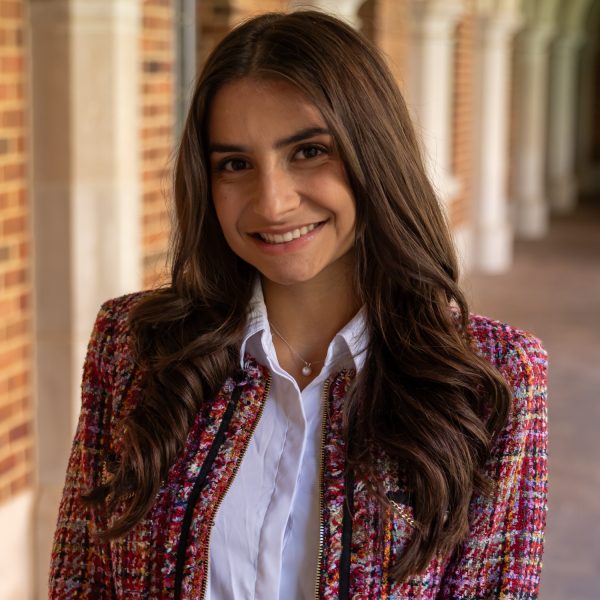

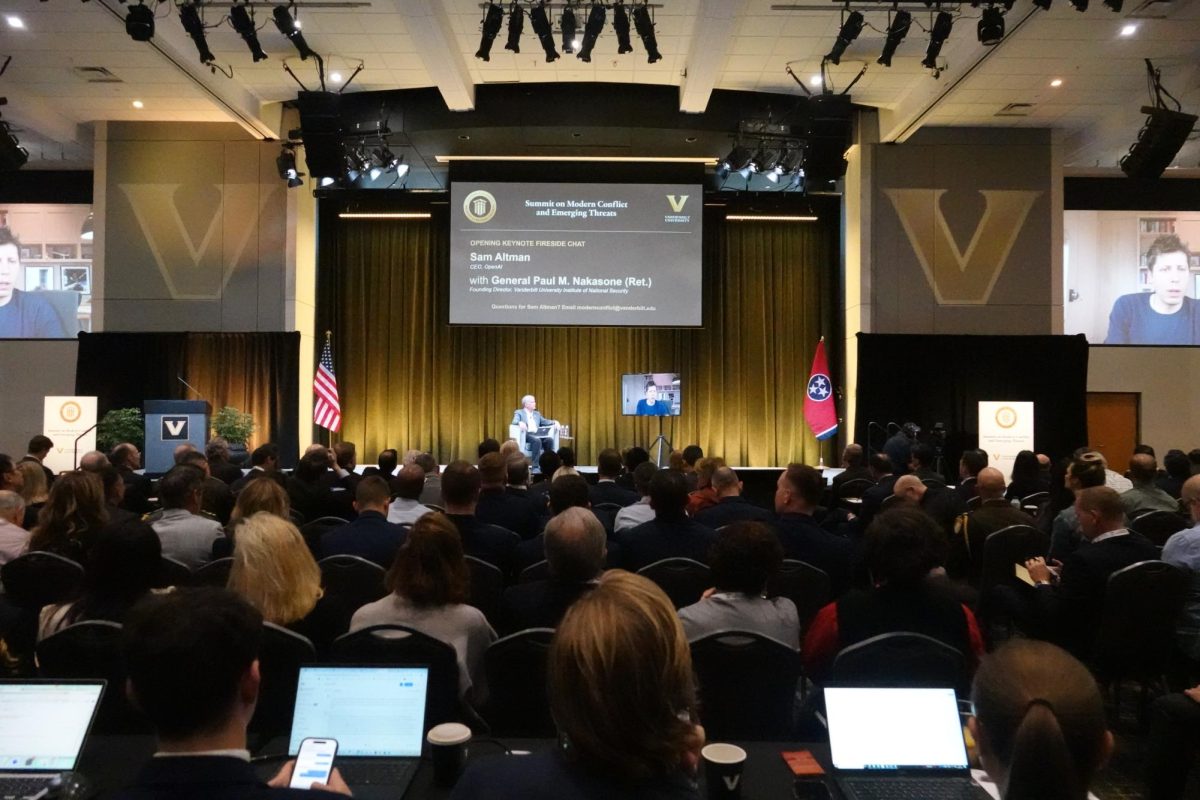
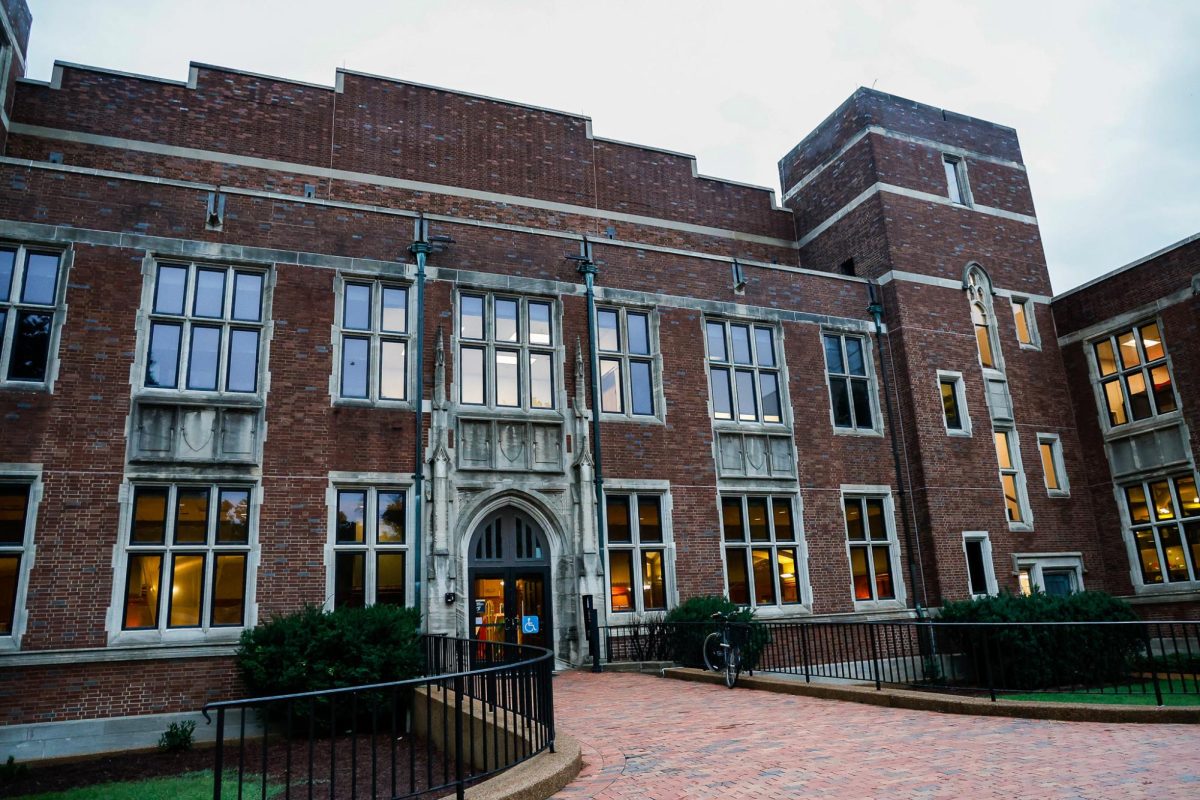

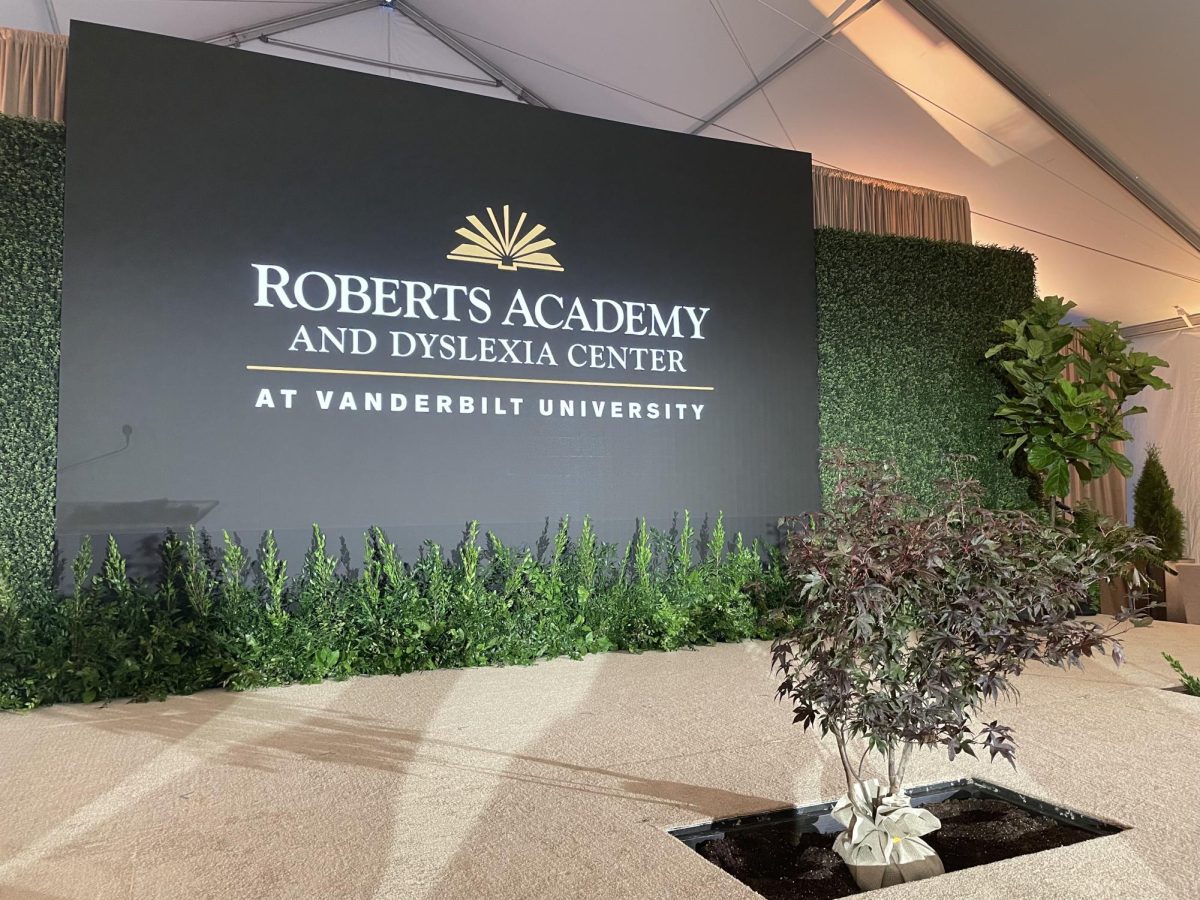



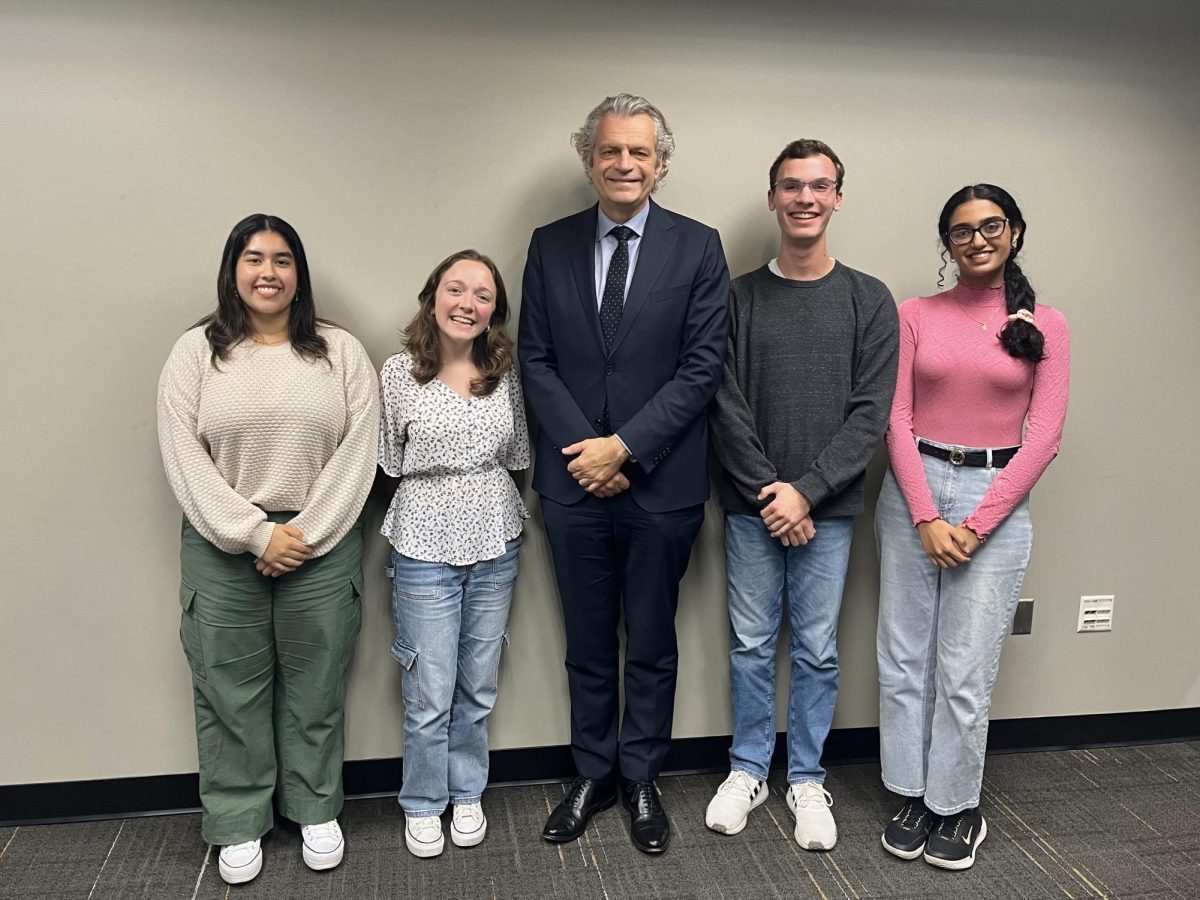

y'all are embarrassing • Feb 27, 2023 at 1:03 pm CST
If you are genuinely shocked and disappointed that an AI program cannot produce a college-level quality essay you should not be at this university.